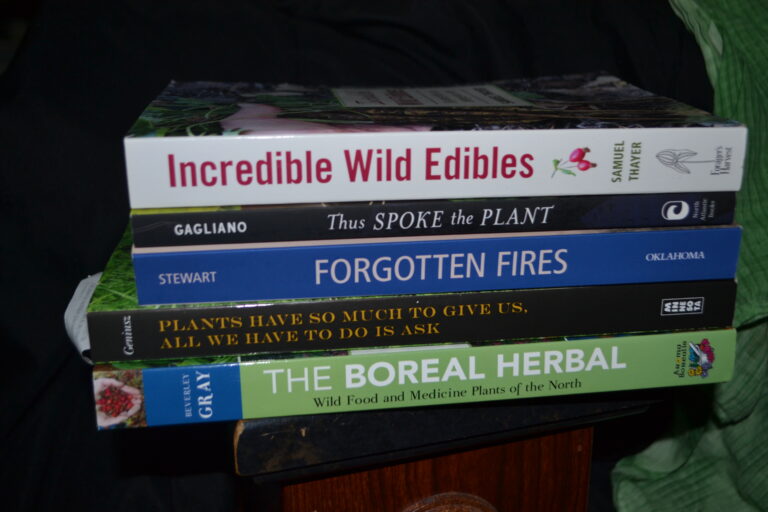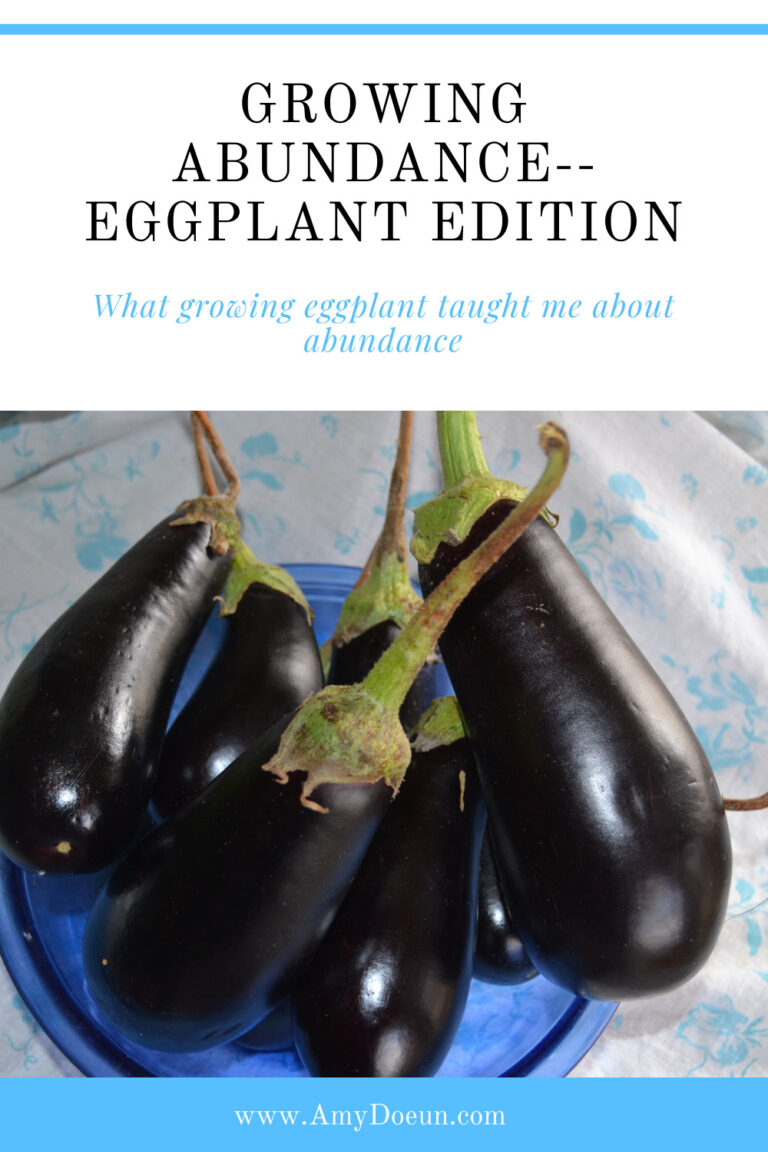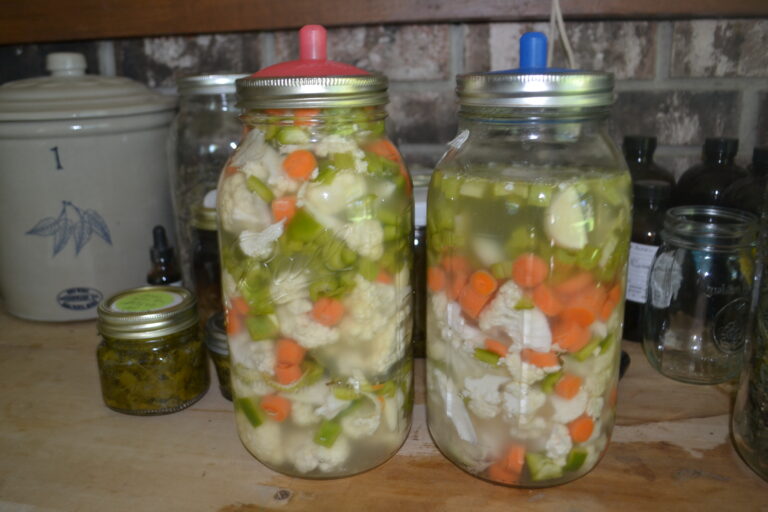Holistic Care for Diabetes
Disclaimer: This information is for educational purposes only. It is not meant to diagnoses or treat.
Additional Disclaimer: My approach to herbal medicine while holistic, focuses on mental and spiritual health. It is my belief that these must be treated at the same time if not before any physical ailments.
Final Disclaimer: Type I Diabetes is a serious medical condition. Alternative treatments should NEVER replace biomedical treatments.
According to the Mayo Clinic, ” Type 2 diabetes is an impairment in the way the body regulates and uses sugar (glucose) as a fuel. This long-term (chronic) condition results in too much sugar circulating in the bloodstream. Eventually, high blood sugar levels can lead to disorders of the circulatory, nervous and immune systems.”
However, Mayo clinic goes on to say that while there is no cure, “losing weight, eating well and exercising can help you manage the disease.” In this blog post I will share how herbs can help you add another prong to your holistic approach. Here are my top tips for Holistic Care for Diabetes.
Holistic Definition of Diabetes
Louise Hay wrote in in best-selling book Heal Your Body: the Mental Causes For Physical Illness and the Metaphysical Way to Overcome Them, that diabetes is–
Longing for what might have been. A great need to control. Deep sorrow. No sweetness left.
Lousie Hay
In addition sugar cravings, especially craving chocolate, has been associated with a lack of sleep. Stress adds another layer. I know in my own life when a sudden, or even flair up of long term stress hits, I immediately want a snack. Often my go to is chocolate or another sweet snack.
If you body is already struggling with sugar regulation then a lack of sleep and abundance of stress that triggers sugar cravings is a double whammy you don’t need.
In addition many of us crave comfort. One of the ways we achieve this is through the food we eat. There is even a name for it, “comfort food.” At this time of year we are approaching a winter and with it a candy holiday (Halloween) followed by a pie holiday (Thanksgiving) followed by a pie, cake, candy, etc. holiday (Christmas). Even other religious and cultural traditions celebrate winter holidays with sweets.
The beginning of a holistic approach begins in our minds. We should address our level of stress, need for comfort and ways that we are currently caring for ourselves. Are we proactively eating healthy foods or waiting till we are starving and grabbing whatever is on hand? Also are we making sure to get enough sleep? This is the beginning of a holistic approach.
Herbal Approaches to Holistic Needs
For the remainder of this blog post I will focus on herbs that address our need for comfort, our ability to care for our bodies needs and reduce stress.
Chamomile
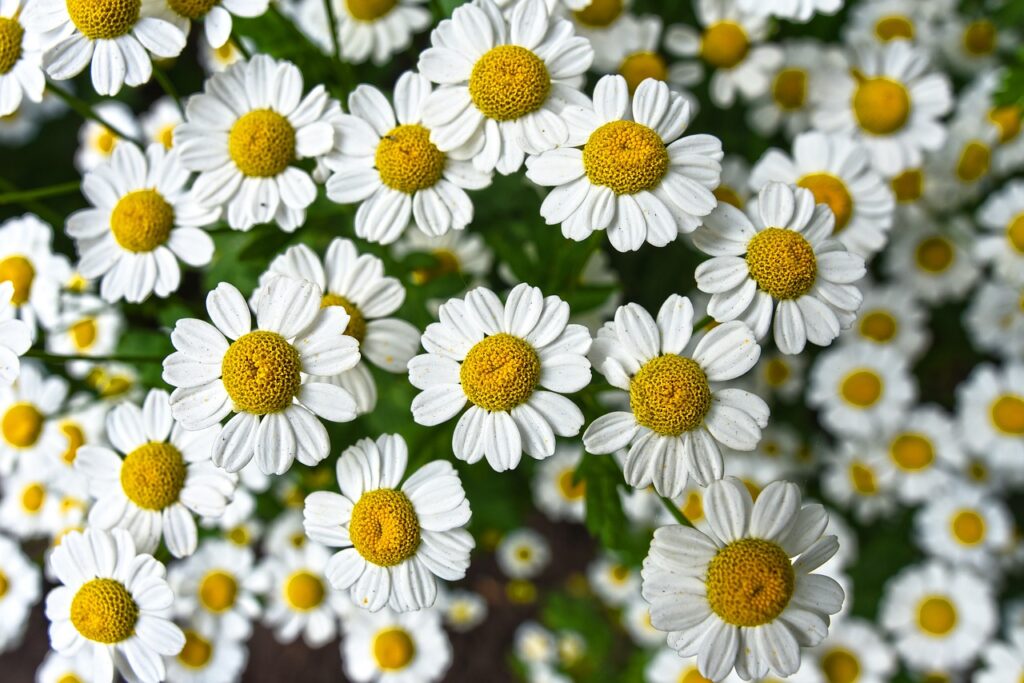
Chamomile is the quintessential nurturing herb. Dubbed, “the herb for fussy babies of all ages,” Chamomile is like a cuddle from our earth mother. One of my favorite ways to enjoy this is slowly sipping a cup of tea before bed. This herb not only helps us feel cared for but helps us physically relax and sleep better.
And if you should have a tummy ache from too many sweets, chamomile can help with that.
Basil
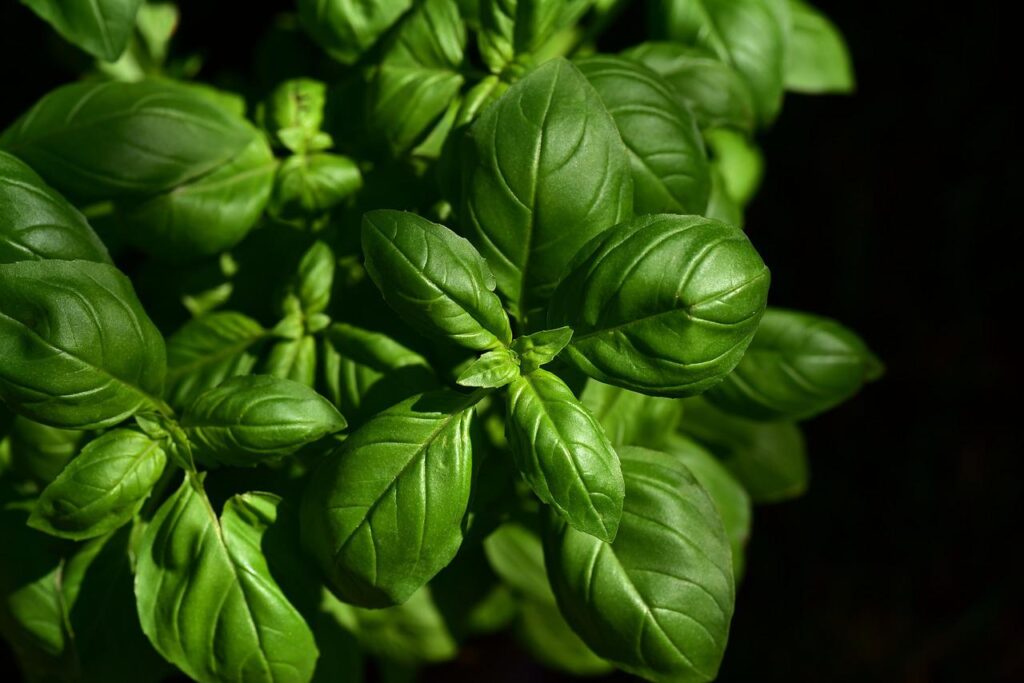
Basil is an awesome herb. It is uplifting and stimulating to the brain while also being soothing for frazzled herbs.
This herb was also often paired with foods such as pastas that were heavy in carbs and can be hard to digest.
Ways to enjoy this herb includes using it regularly with your foods, in aromatherapy, as a tea (infusion), tincture and more.
Sumac
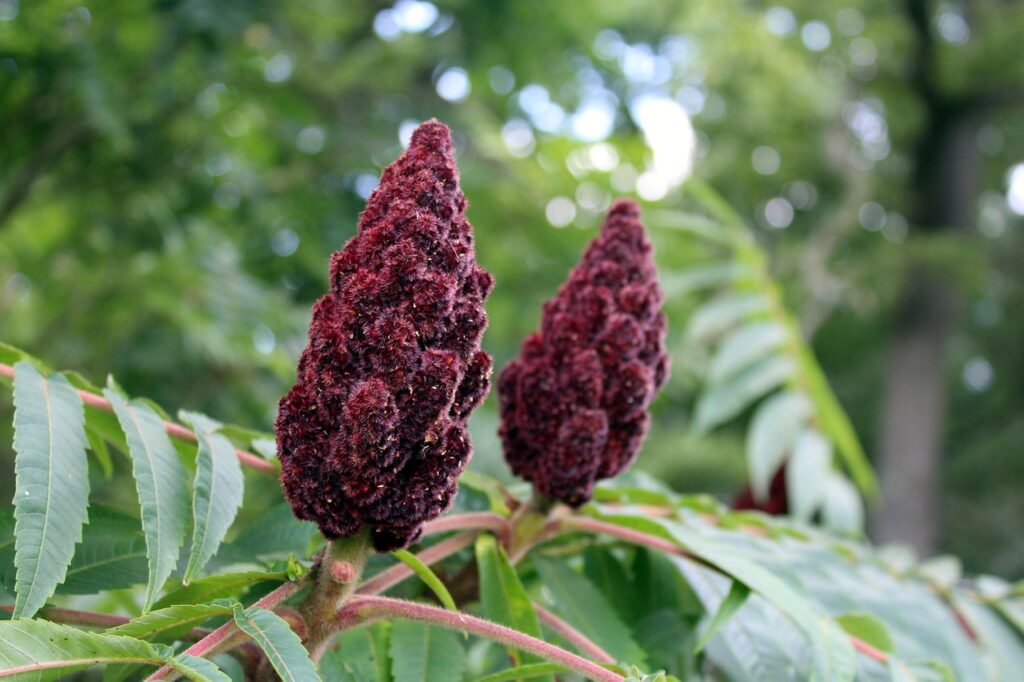
Suman is a member of the Rhus family. It ripens in the fall in North America. This is right before the onset of all those sugar laden holidays. It is interesting to note that middle eastern and Mediterranean foods season their foods liberally with dried and powered sumac.
Sumac makes a tasty tea and I here is a recipe for sumac tea I have yet to try but sounds delicious.
Motherwort
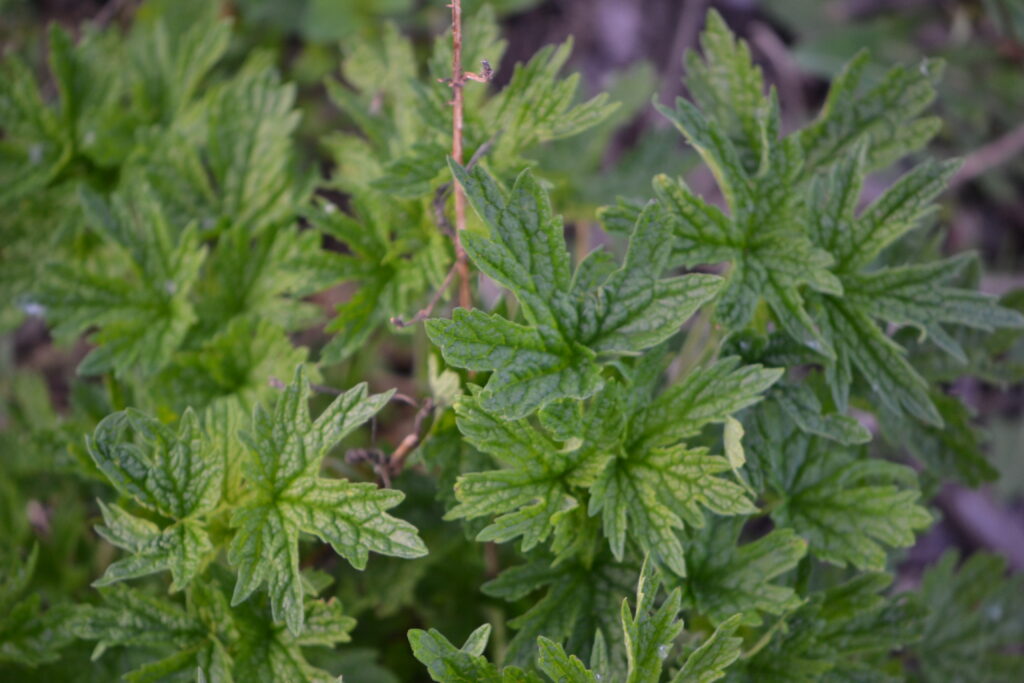
Motherwort is another herb that helps us to feel nourished an cared for by our mother. It can be taken as a tea. In this form you will definitely get that bitter flavor. It is also convenient to take as a tincture which is my preferring way to take it. Motherwort is also associated with heart health, who doesn’t want that?
Digestive Bitters
Sometimes when we are craving sweets what our body is really trying to tell us is that we need some bitter in our diet. Most western diets are devoid of the bitter flavor but this flavor is actually necessary to help us digest our foods fully. While we may not necessarily like the taste it is one that is bringing balance to our bodies. Here is a recipe for digestive bitters. You can also purchase bitters.
A Note on Herbal Procedures
Herbs are a long game approach. Herbs bring healing through intention and attention brought to an area of life that needs balance. Herbs should be taken consistently but not necessarily daily. An example would be taking them daily during the week and pausing on the weekend.
Growing your own herbs is the best approach, when that is not possible purchase from a reputable source. Organic is best when possible. My favorite Herbal supply company is Mountain Rose Herbs.


